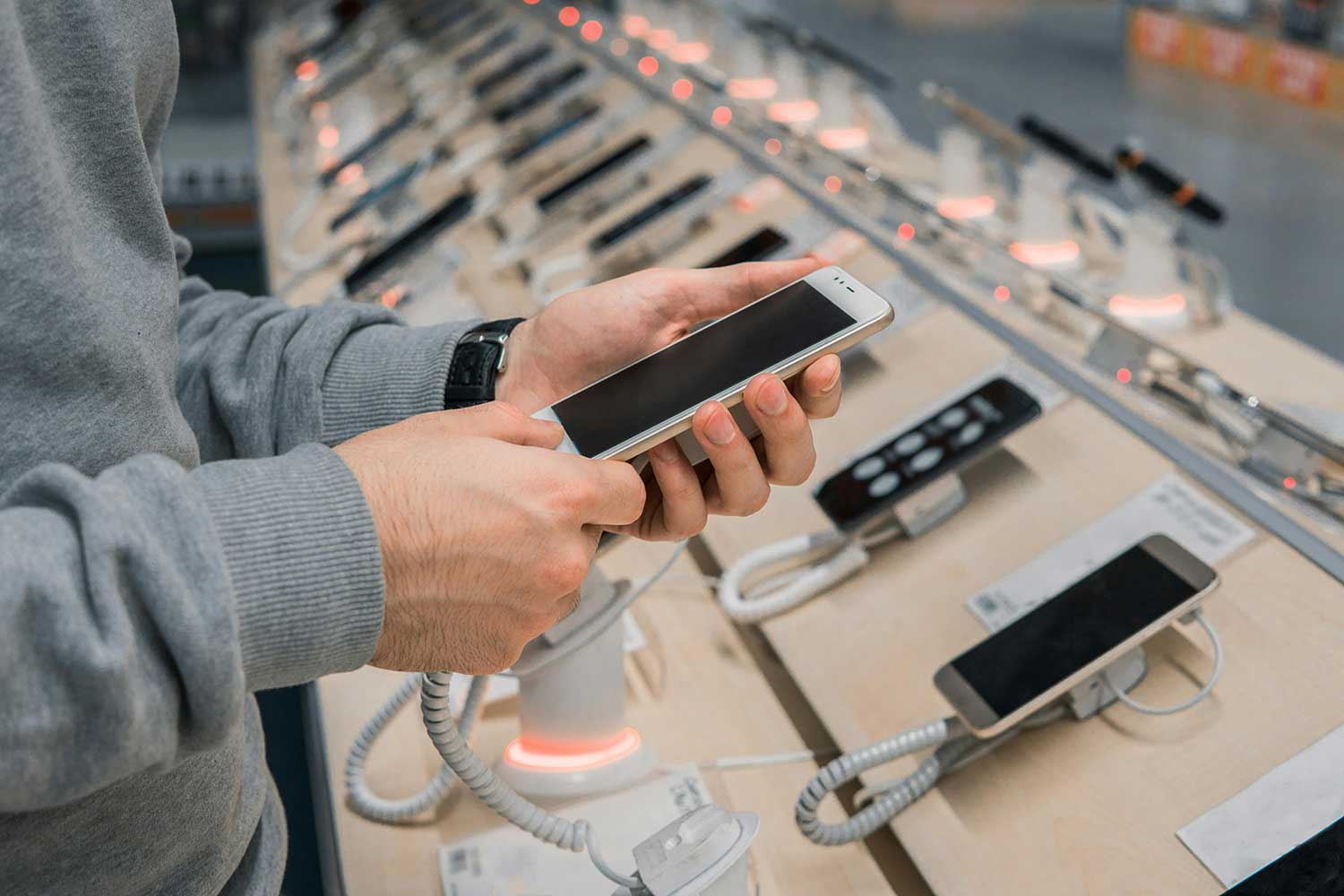It happens every time a new phone is announced. Thousands look at their current device, maybe it’s one that’s a few versions old and has some decent mileage on it, and, intrigued by the latest model’s shiny new features, start thinking maybe it’s time to replace my phone. But there’s a question to ask yourself before upgrading: Is it actually time to replace my phone?
For an Earth-minded individual, this decision is about more than faster processors and flashier cameras; it’s about working to keep tech from landing in the trash. According to the U.N. e-waste is the fastest-growing solid waste stream in the world; in 2022 alone, more than 68 million tons of e-waste was produced, an 80% increase since 2010. Of that, only 22.3% was properly recycled.
This certainly plays out for a lot of smartphone owners every fall when a new iPhone drops. We get it: New is can be really exciting, and Apple does an excellent job talking up features like its artificial intelligence and that customizable action button.
A couple important things to remember when the marketing copy starts to getcha: With a regimen of proper care that includes good battery maintenance, regular storage management, and an adherence to scheduled software updates, a smartphone can easily last five years or more. Second, of course, is accepting that nothing lasts forever and that in some cases it is possible to hang on too long.
Here are three signs you’ve reached the promised land and kept your phone going just about as far as it’s gonna make it. Yes, you may be able to push past certain issues, but it may result in some concessions that affect the usefulness of your device.
Time to say ‘good-bye’?
How to responsibly recycle, sell, or donate your old tech.
1. You’re no longer getting software updates
Software updates are integral to the protection and longevity of any device, because they often include security measures, new features, or important bug fixes. However, there comes a time when your device manufacturer no longer supports the model. For Apple devices this horizon is roughly five years; for Google and Samsung it’s seven years. “Lack of software updates may render your device vulnerable to various issues related to security and performance,” says Michael Collins, a technology consultant and CEO of SphereIT, a London-based IT support company. “The fact is that manufacturers support their devices only for a certain period of time. Once that duration is over, it is a signal to upgrade to the latest one.”
2. Things are slowing down on you—a lot
“If your phone hangs, crashes, or drags while running simple applications, then most likely, you will need an upgrade,” says Collins. Such performance issues, he adds, may indicate that the hardware has become outdated and is probably unable to keep up with modern software demands. But what’s the difference between a little slow and needs-a-replacement slow? If the time it takes to open a common app such as Messages or Chrome “constantly goes beyond a few seconds” and if switching from one app to another “is also bothersome,” Collins says those are strong signs.
3. Your apps aren’t working anymore
Like operating systems, independent apps are constantly updated with new patches and fixes to ensure they’re running safely and smoothly. And if your phone can no longer support those you use often, it’s likely time for an upgrade. “Advanced and diverse application versions make them demand advanced hardware and software capabilities,” says Collins. “If you notice that essential apps no longer support your device or fail to work as expected, then it’s time to get a new model.”

